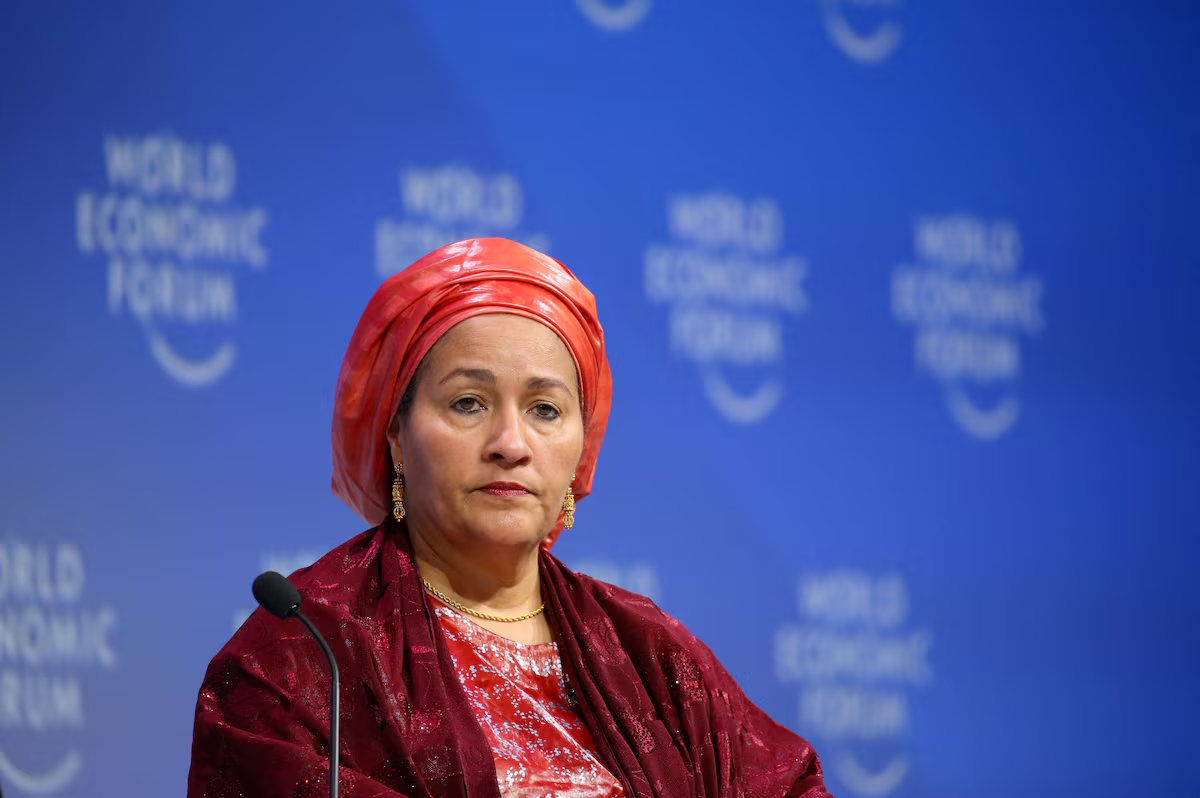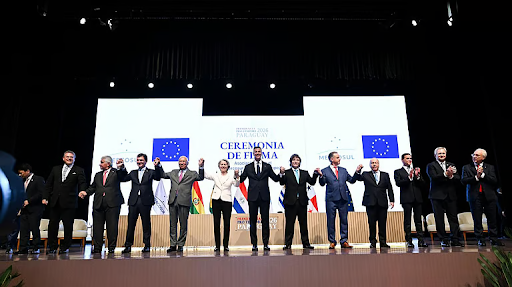



Global leaders are at the FFD4 conference in Seville to reform development financing. They aim to adopt the "Seville Commitment" to address debt, tax, and climate challenges amid a massive funding gap. The summit faces hurdles, including geopolitical tensions and the notable absence of the United States.

Copyright infringement not intended
Picture Courtesy: REUTERS
The Fourth International Conference on Financing for Development (FFD4) will be held (30 June-3 July 2025 ) in Seville (Spain), to mobilize resources for achieving the Sustainable Development Goals (SDGs).
The International Conference on Financing for Development (FFD4) to be organised by the United Nations Department of Economic and Social Affairs (UNDESA) and the United Nations Economic and Social Council (ECOSOC).
The Conference to the adopt a political document known as the "Seville Commitment", a non-binding roadmap intended to guide global development financing for the next decade.
Building on Past Efforts => The Seville conference follows a legacy of major development financing milestones:
Debt Reforms => Implementing innovative solutions like "debt-for-climate swaps" (where debt is forgiven in exchange for climate action) and disaster-linked debt pause clauses.
Global Solidarity Levies => Proposing new international taxes on major polluters or the ultra-wealthy to create dedicated funds for sustainable development.
Streamlined Debt Restructuring => Creating more efficient and fair frameworks to resolve sovereign debt crises.
Innovative Financing => Leveraging the International Monetary Fund's (IMF) Special Drawing Rights (SDRs) through multilateral development banks (MDBs) to unlock more capital.
Seville Platform for Action => Establishing a new mechanism to build coalitions and fast-track the implementation of key goals.
Absence of the United States => The U.S. withdrew from the final negotiations after failing to remove language related to climate, sustainability, and gender equality. This is a blow to global consensus and weakens the political weight of the final agreement.
However, some observers believe the U.S. absence may have a silver lining, potentially allowing the remaining countries to agree on stronger, more ambitious commitments without American attempts to dilute them.
Debt and Tax Reform => Progress on a unified global debt restructuring framework is hampered by tensions between African nations and major lenders, particularly China. Achieving meaningful global tax reform, a core agenda item, faces strong opposition from powerful political and corporate interests.
Despite disagreements in other areas, there is a strong and widespread international agreement on the urgent need to scale up financing for climate adaptation in the most vulnerable countries.
The Seville conference represents a new path forward, creating a framework to address the interlocking crises of debt, climate change, and development for the crucial decade ahead.
Source:
|
PRACTICE QUESTION Q. Identify the most significant challenges India faces in achieving its targets under the 2030 SDGs Agenda. Suggest a multi-pronged strategy to overcome these hurdles. 250 words |



© 2026 iasgyan. All right reserved